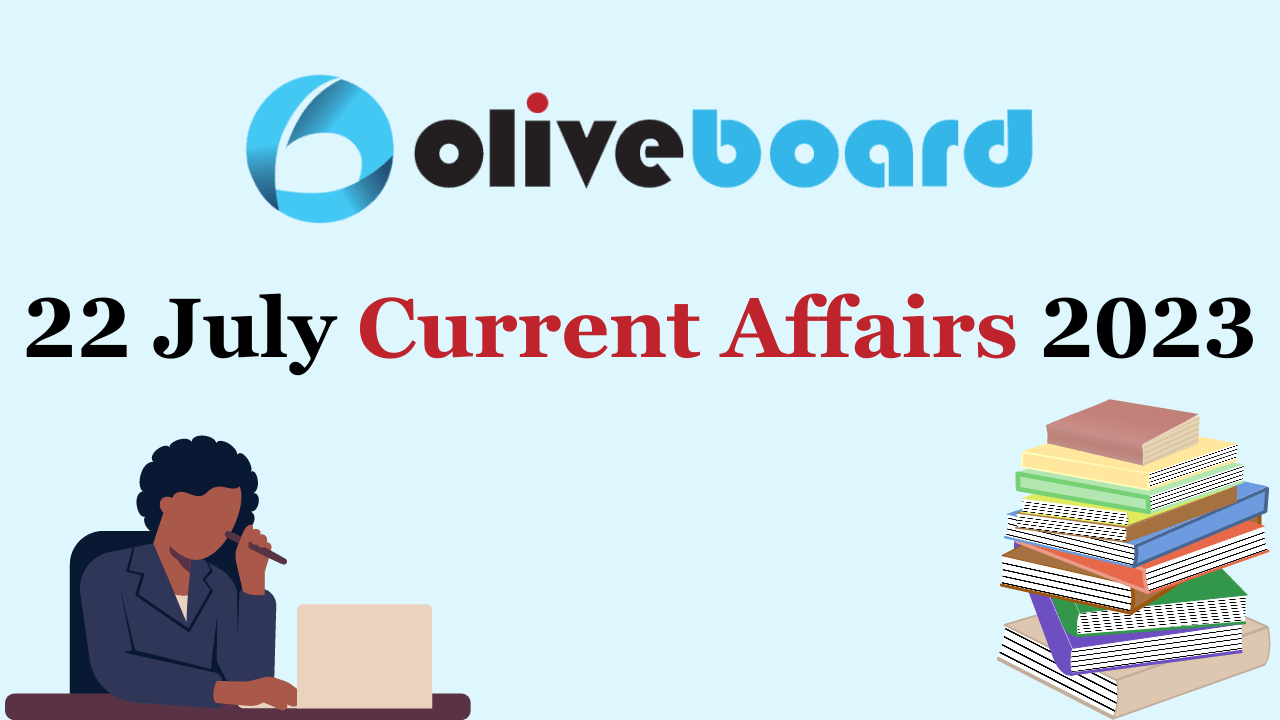22 July Current Affairs 2023
22 July Current Affairs 2023 refers to the latest news and events happening around the world and are relevant to our daily lives. Staying updated with the 22 July Current Affairs 2023 is essential for students who are preparing for exams, especially competitive exams, as it forms an important part of the syllabus. The importance of the 22 July Current Affairs 2023 lies in its ability to help students enhance their general knowledge, improve their reading and comprehension skills, and develop their critical thinking abilities. 22 July Current Affairs 2023 also provides students with insights into various issues such as politics, economics, and social issues that are important for their overall development as informed citizens. Regularly reading and analyzing the 22 July Current Affairs 2023 not only helps students ace their exams but also prepares them for their future roles as responsible and well-informed citizens of society.
Over 2 Lakh Calls Received on the Tele MANAS Helpline Since its Launch in October 2022
The National Tele Mental Health Programme (Tele Mental Health Assistance and Networking Across States: Tele MANAS, the digital arm of the ‘District Mental Health Programme’) was introduced by the Indian government in October 2022 to enhance mental health services in the country. It has achieved a remarkable milestone by receiving over 2,00,000 toll-free calls from all over the nation since its launch. This demonstrates consistent and impressive growth, as the number of calls increased rapidly from 1 lakh in April 2023 to 2 lakh within just three months. The program is making a positive impact on mental health service delivery and is gaining significant traction among people seeking assistance.
The Indian government introduced a new program called Tele MANAS under the National Tele Mental Health Programme in the Union Budget 2022-23. The Ministry of Health and Family Welfare (MoHFW) is overseeing its implementation. The main objectives of the Tele MANAS program are to ensure that everyone in India has access to high-quality mental health care that is affordable and available 24/7. This program is part of the National Mental Health Programme (NMHP) and will be implemented in all Indian States and Union Territories. Read the complete article here
Father of the Atomic Bomb – Julius Robert Oppenheimer
On the 21st of July, Christopher Nolan’s movie Oppenheimer was released in theatres across the world. Oppenheimer is a biographical thriller about J. Robert Oppenheimer, the theoretical physicist who led the Manhattan Project, which developed the first atomic bombs. The film is based on the 2005 book American Prometheus by Kai Bird and Martin J. Sherwin.
J. Robert Oppenheimer was an American theoretical physicist who played a key role in the development of the atomic bomb during World War II. He is often called the “Father of the Atomic Bomb” for his leadership of the Manhattan Project.
Oppenheimer assembled a team of the world’s leading physicists at the Los Alamos National Laboratory in New Mexico. Under his leadership, they successfully developed the atomic bomb in less than three years. The first atomic bomb was tested at the Trinity Site in New Mexico on July 16, 1945. Read the complete article here
Rajasthan Assembly Passes The Rajasthan Minimum Guaranteed Income Bill, 2023
The Rajasthan Assembly recently approved The Rajasthan Minimum Guaranteed Income Bill, 2023. This bill aims to provide every adult in the state with a guarantee of wages or pensions.
The new Bill ensures that all families in Rajasthan, whether they live in urban or rural areas, will have access to an employment guarantee for 125 days each year. Additionally, individuals who are aged, disabled, or single women will receive a minimum pension of ₹1,000 per month. Read the complete article here
National Flag Adoption Day Observed on 22nd July
National Flag Adoption Day is celebrated on July 22, every year. This day marks the adoption of the Tricolour (India’s National Flag) by the Constituent Assembly of India on July 22, 1947, a month before India’s independence from British rule.
The flag was designed by Pingali Venkayya, a freedom fighter from Andhra Pradesh. The flag has three horizontal stripes of equal width, saffron at the top, white in the middle, and green at the bottom. In the center of the white stripe is a navy blue Ashoka Chakra, with 24 spokes. Read the complete article here
